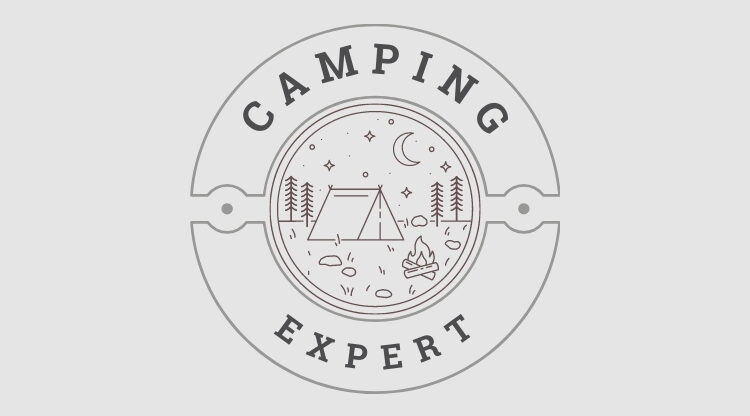Camping and fishing often go hand in hand. Whether it’s a young child simply trying to catch a few sticklebacks with a piece of string with a hook tied onto a tree branch to the full blown night sight and sound equipment needed by the serious overnight angler, fishing is certainly one of the most popular pastimes to combine with camping.
Type of Fishing
When planning for a fishing trip in conjunction with your camping, the first thing you need to know is what type of fishing you would like to do. There are so many different types from fly fishing to deep sea fishing to lake fishing that it’s hard to choose, especially for the angling enthusiast. If you do have a specific type of fishing in mind, then it’s important you base your trip around that aspect and do your research into locations which have campsites nearby that kind of water, or if you’re planning on camping at an undesignated spot, make sure you find out if fishing is permitted and you have obtained all the necessary permits before you go.
If, however, the location of your campsite is more important, then pick a place you would like to go and see if those places have fishing nearby and if so, what type.
Time of the Year
Some anglers get just as much pleasure from the surroundings they’re in and the company they keep than actually catching any fish. However, if it’s action you’re looking for, you may need to plan your trip for specific dates and times throughout the year as, in some bodies of water, the fish bite more than others for various reasons. When planning a trip, look into the fishing conditions at the place you want to go. There are plenty of angling websites to assist you with comments from other anglers who will pinpoint ‘hotspots’ on a particular stretch of water and be able to tell you the best time of year and even the best time of day to ‘strike it lucky’. If your chosen location isn’t too far away, it might also be useful to take a trip prior to your main trip just to find out the ‘lie of the land’ and get a few hot tips.
Location
The location of your campsite is also important whether you’re staying on an official camp site or camping off the beaten track. As fish often tend to bite earlier in the morning, you’ll want to try to choose a site that’s as close to the action as possible as you’ll be getting up early enough as it is. If you’re choosing a very popular fishing location and staying at an official campsite, also be aware that at certain times of the year, you may need to make reservations well in advance of your trip as the likelihood is that many keen anglers will have had the same idea as you.
What to Take
The equipment you will take is likely to be governed by how much you can carry and whether you’re travelling on foot or by car. Remember, that if you’re limited to how much you can carry, it’s important that you may have to compromise on the amount of fishing tackle you can take as you may end up not being able to carry all the necessities like your tent, sleeping gear, food etc. Also, remember to store all your fishing equipment separately from the rest of your gear. Things like hooks can be dangerous and cause injury and can also do damage to other essential camping equipment.
Safety
Be sure to take all the necessary precautions surrounding safety when out fishing. These will vary depending on whether you’re out catching large marlin on the high seas or simply doing a spot of fly fishing on the banks of a river. Remember, wherever there’s water, there’s the potential risk of danger and, if you have young children with you, they should always remain supervised when fishing or playing near water. Things like incoming tides can also be deadly if you get stranded and you can often get so engrossed in the fishing that you’re cut off from the land before you know it. Try to find out if your location does throw up any potential safety risks and take the necessary actions to avoid them.
In essence, the best piece of advice is to plan your trip thoroughly before you go and try to find out all you can about the area and its fishing first. The more you plan, the more enjoyable and rewarding the experience is likely to be.
